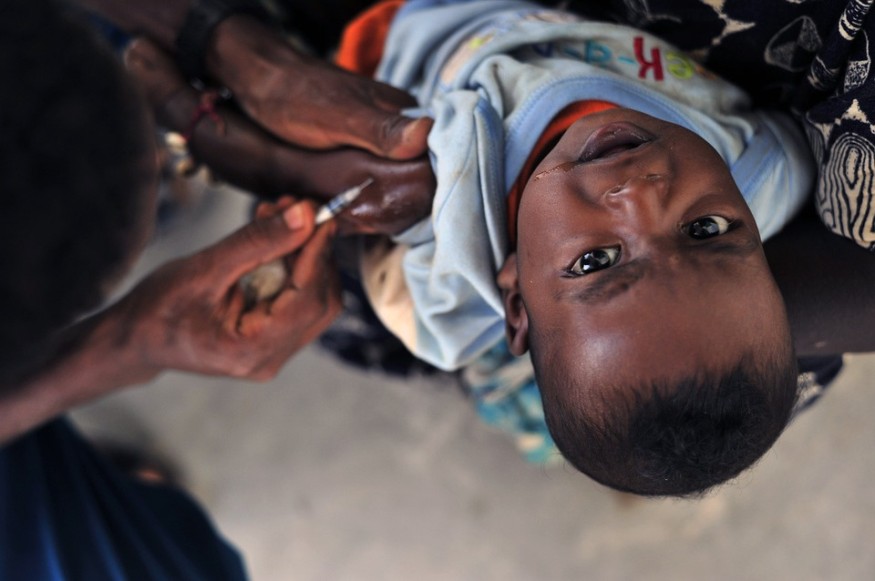
The World Health Organization (WHO) recently announced that assistance to Democratic Republic of Congo's (DRC's) Ebola-affected areas, which was temporarily halted for two weeks due to security issues, has been resumed on a limited basis.
More than 180,000 cases and over 3,000 deaths have been tallied. The episode has excessively influenced small kids under five years old. The same incidents happened already in the DRC in 2011 and again in 2015.
This is the most significant and most deadly of the measle outbreak over the world this year, according to CDC. Ebola outbreak occurred in Nigeria, Madagascar, the Philippines, Brazil, New Zealand, Ukraine, and the United States.
The World Health Organization, according to a BBC News Report, has called the situation one of the "most complex humanitarian crises" in the world. The outbreak, according to the DRC's government, is the second largest on record, with more than 3,000 cases recorded.
Why don't the locals trust the vaccination process?
While the details of each outbreak vary, the root cause of measles outbreaks is always the same: too few children receive timely and effective vaccination.
However, DRC is facing many specific challenges, which made the already difficult task of vaccine delivery more challenging.
The DRC conducts massive "supplemental vaccination activities" periodically to combat limited vaccination access. These are massive, aided endeavors to bring opportunities into each community to immunize all kids under five years old, paying little heed to previous immunization.
The expense and logistics of these massive efforts mean that they can only be conducted every few years. Hence, the healthcare specialists have struggled to contain the spread of the infection.
Distrust likewise added to the challenge contributed to solving the issues on Ebola treatment and prevention in the country, reports the BBC's Gaius Kowene.
Research shows that more than a quarter of individuals surveyed in the Democratic Republic of Congo believe Ebola does not exist.
Patrick Vinck, from Harvard Medical School who serves as the lead author of the study, told the BBC's Newsday program that individuals don't trust the authorities because of the ongoing conflict.
"The lack of trust combines with the epidemic to really make people not want to follow advice, not want to listen to what authorities have to tell them to prevent the spread of the epidemic," he said.
The residents observed that healthcare specialists are regularly accompanied by police officers and local armies for security purposes, which made the intention suspicious, Jean-Philippe Marcoux, Mercy Corps country director, revealed to Reuters.
The director of the international aid group said they had to downsize the police visibility with the group to avoid doing more fear than anything else.
What is being done to control their current situation?
The WHO, in a statement, urged the nations and the NGOs who offered help to increase the presence in the area in order to stop Ebola and address one of the worst humanitarian crises worldwide. Healthcare authorities held an open forum to handle mistrust issues in the communities and engage the locals in response activities, the WHO said.
© 2025 NatureWorldNews.com All rights reserved. Do not reproduce without permission.





